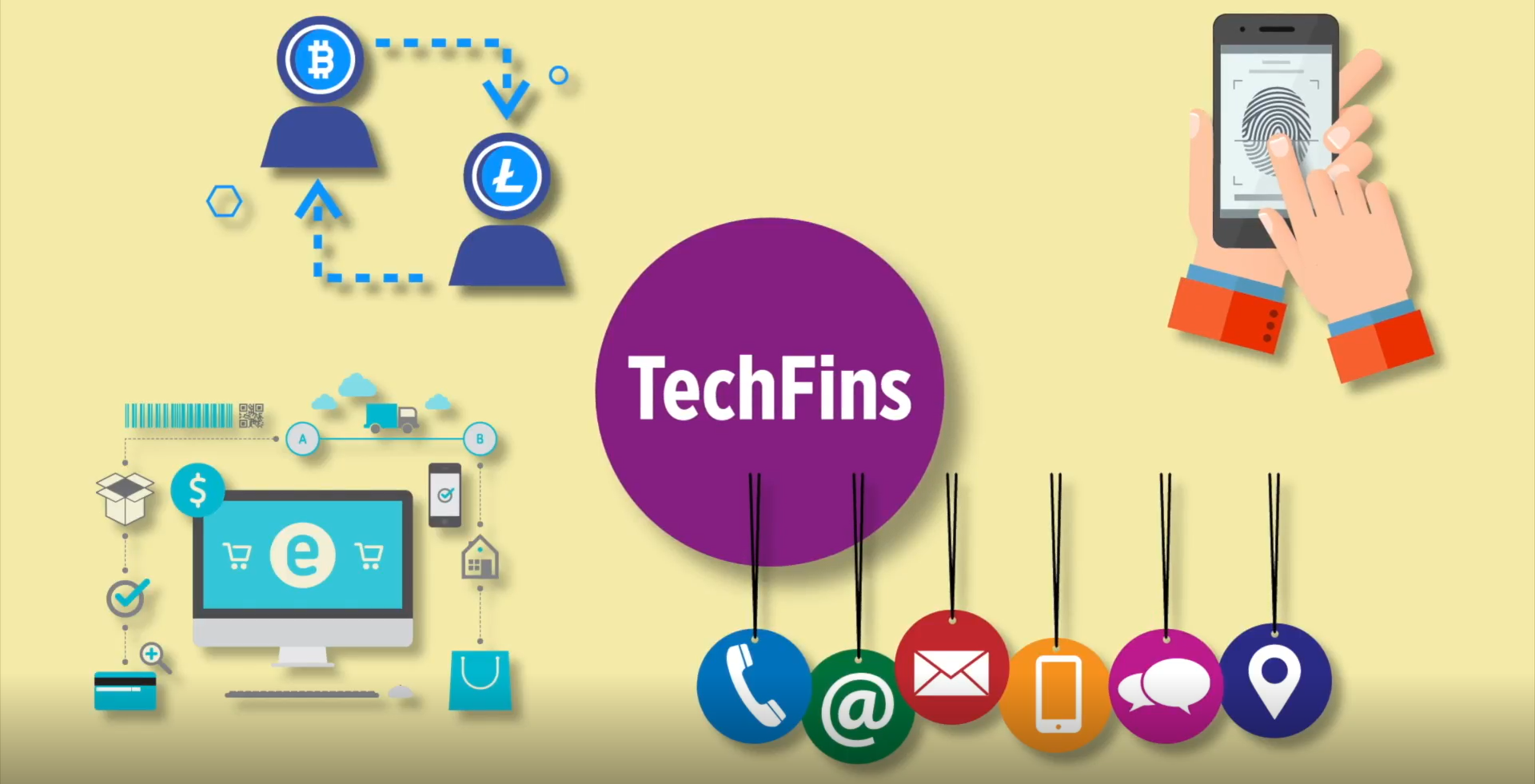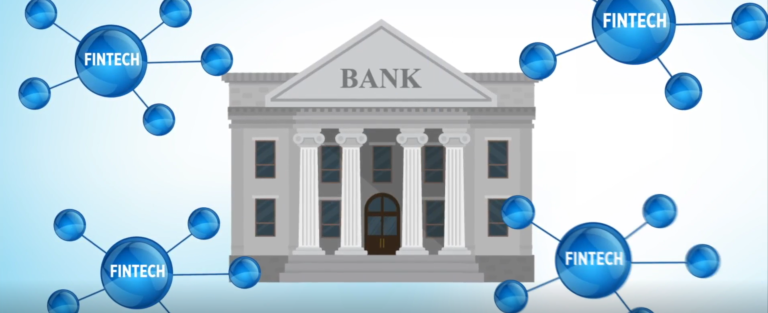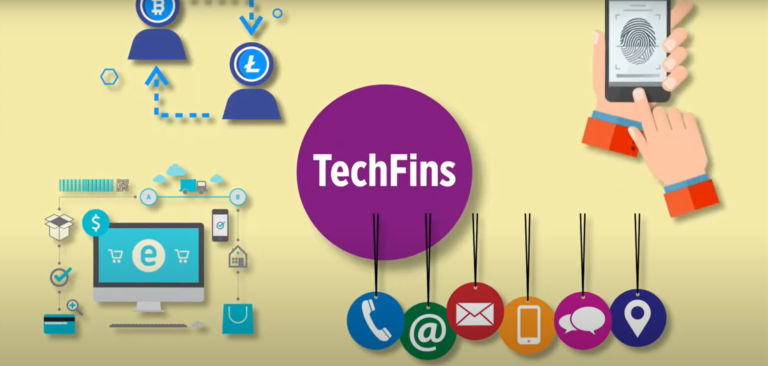Transcript
Let’s look into the future and this time please join us and try to imagine a world without a traditional banking system.
Some of you may be salivating at the idea because you hate waiting in lines and speaking through microphones across heavy glasses. But, is it a good thing for us to be so far removed from the banking system?
To help you answer that question, here’s some context. There are certain institutions within society, including medical services, legal services, etc., where we intentionally require them to not incorporate to ensure they are a strong part of these communal systems.
If the banking system is so decentralised, that we don’t have that corner bank or someone you can talk to in order to borrow money to buy a house, should we be worried? We’ve already discussed AI being introduced in making financial decisions. If there’s no human component, do we worry about the ability for certain people to understand and access finance and being able to control their financial future?
There are a lot of things that would go into play here. One is the education component. There’s increasingly a big push in many places in the world to ensure that children understand finance from a young age. This is not in the sense of “Oh let’s go all become Warren Buffet and invest in stocks”, but understanding the purpose of interest and credit, and why certain times that can be good, and sometimes that can be bad. Such financial education is important regardless of what forms of financial services people choose.
And that brings us to an important issue of access. There will surely be populations that will be displaced if they’re not accounted for, either because they can’t generally access technology yet though their nation or society, or because of age or other reasons, they’re not as familiar with it or they don’t feel comfortable with it. They’ll be increasingly shut out. So the process of digital transformation, by its very definition, will need to be transitional in order to ensure the widest amount of fairness possible.
But, is that the ultimate goal of all of this? What is the normative end state of all of this? Where do we really want to go? To be honest, we don’t know. And we don’t think anybody knows.
People just feel like, “Hey, we’ve got friction in this, let’s just make it smoother.” “Is there a way we could do it faster, cheaper and better?” This is effectively what the motivation is. We don’t think a lot of people are thinking about what the next order of implications are when they introduce solutions to their current problems.
We do think what we are going to see is the so-called “pro bono” or “low bono”, meaning free services, where banks or other nonprofits or community groups are going to form credit unions and financial institutions, in order to ensure banking for the poor. We are already seeing that here in Hong Kong.
In module 2 we talked about foreign domestic workers, who are 10% of Hong Kong’s working population and many of whom are underbanked. There are multiple sources of traditional banking, especially credit unions, trying to ensure they can get access to financial services. The penetration is still very low, but as the traditional industry gets more and more removed from people on the ground, especially those that are poor and disadvantaged, we think we are going to see more service providers on a charitable basis coming.
Looking forward, we think there are two major challenges.
The first challenge is, as technology evolves, how confident are the stakeholders that are serving people who are underbanked or not as economically advantaged will be able to scale up, in terms of the technology that they need? In advising and discussing with banks, David Lee often hears that they have no difficulty hiring most finance professional roles, but they always have difficulties hiring what was considered IT, but is now referred to as engineers or technologists. Their expertise is in great demand in developing tools and platforms to provide services as well as maintaining secure and private systems. Therefore, a lot of these banks, particularly in the US and Europe, are competing directly for the same talent that Google, Facebook and Amazon are competing for. And they are not in a good position to compete because these talents would consider those Tech companies as their top choices rather than banks.
The second challenge is more broad and it pervades many aspects of this book – the idea of regulation. Historically we’ve had financial regulators, and we’ve had regulators over certain aspects of communication in industry. Now, is that going to change as we have different players that start occupying the finance space?
But we know it will, but the question is how.
If you have a tech firm that comes from a non-financial industry, providing financial services online, will it be doubly regulated? How will that work? Particularly when the regulatory regimes are probably not consistent globally by nature. How should countries, governments, and authorities resolve those frustrating frictions?
These are a lot of the questions that society is going to have to answer over time. One of the things that we often think about is, should we even consider banks as traditional banks even now, or have they really already morphed into essentially technology firms? For a lot of the banks that we know, they actually have as many, or more IT professionals, as they do actual bankers, and finance professionals. So as we continue to move forward, we need to consider how we as a society want to engage, on a personal level with these institutions.
Discussion Questions
- Should banks be regulated as banks tech companies, or both?







